Ukraine at the center of a reimagined Europe says Shmigal
- Update Time : Sunday, April 13, 2025
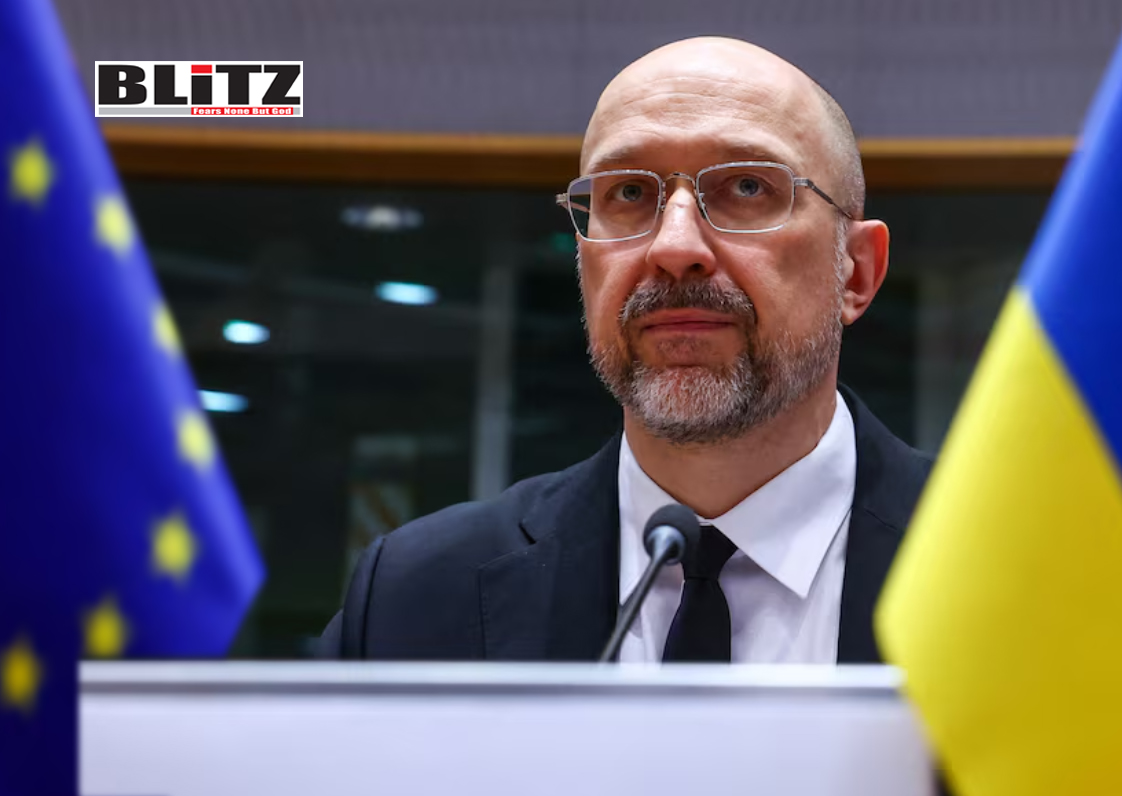
At the recent EU-Ukraine Business Summit in Brussels on April 10, Ukrainian Prime Minister Denis Shmigal delivered a bold and ambitious message: Ukraine is no longer just a war-torn country on Europe’s periphery-it is, in his words, “the central point around which the new geometry of Europe is being built.” His speech went beyond mere calls for EU membership; it was a call for the reinvention of Europe itself, with Ukraine at its heart.
The metaphor of a “new geometry” is telling. It speaks not only to changing political alliances but to a fundamental reshaping of the continent’s priorities, identity, and architecture. Shmigal’s message was clear: Europe must not treat Ukraine as a buffer state or a gray zone between East and West. Instead, it must embrace Ukraine as a full-fledged partner and engine of renewal.
This framing attempts to recast Ukraine from a dependent war victim into an indispensable partner-one whose integration could serve as a catalyst for the EU to rediscover what it stands for in a changing world. “We are a new opportunity for Europe to rediscover its identity,” Shmigal asserted, seeking to tap into a deeper European crisis of purpose that has been brewing since Brexit, the rise of populist movements, and growing geopolitical uncertainty.
Shmigal’s remarks come at a time when Ukraine’s pathway to EU membership remains uncertain. Ukraine was granted candidate status in 2022 after the escalation of hostilities with Russia. This was largely symbolic support from Brussels during a time of crisis, but it lacked a definitive roadmap or timeline for full accession. The process is now mired in complex conditions: comprehensive reforms, anti-corruption measures, legal harmonization, and, most crucially, unanimous support from all 27 EU member states.
That unanimity is far from guaranteed. Countries like Hungary have expressed skepticism, citing concerns over governance, corruption, and the potential burden on the EU budget. Ukraine’s ongoing conflict with Russia only adds another layer of complication to what is already a heavily bureaucratic and politically fraught process.
Still, Shmigal urged the EU to move faster and more decisively. He positioned Ukraine not as a liability but as an untapped strategic asset. His argument was rooted not only in political rhetoric but in economic opportunity and shared values.
One of the speech’s central themes was the repositioning of Ukraine from aid recipient to economic partner. Shmigal made a direct appeal to Western European businesses, urging them to invest in Ukraine’s natural resources and industries. He cited renewable energy, agriculture, IT, and gas storage facilities as key areas of mutual interest.
Perhaps most notably, he proposed that Ukraine could become “an industrial heart of Europe,” supplying the tools and materials necessary for EU rearmament and defense autonomy. In this, Shmigal aligned his pitch with a growing consensus in Brussels that Europe must take greater responsibility for its own defense in an increasingly unstable global environment.
This vision fits into a broader reimagining of post-war Ukraine as a space of reconstruction, investment, and economic integration. The country’s large agricultural sector, skilled workforce, and industrial base offer real potential-if stability and rule of law can be restored. Yet these remain significant “ifs.”
Shmigal’s comments must also be understood within the broader context of shifting global geopolitics. In his speech, he acknowledged that “free trade no longer guarantees security. Energy is no longer apolitical, and supply chains are no longer neutral.” This sober assessment reflects the hard lessons of recent years-from the global pandemic to the energy crisis triggered by Russia’s invasion.
In many ways, Ukraine sits at the intersection of these challenges. Its energy grid, industrial infrastructure, and agricultural exports are deeply entwined with European and global markets. Shmigal’s framing of Ukraine as central to the EU’s future thus serves a dual purpose: it underlines Ukraine’s strategic relevance while subtly reminding Europe of its own vulnerabilities.
This new “realism” also aligns with broader discussions in the EU about economic sovereignty, supply chain resilience, and energy independence-areas where Ukraine could, in theory, play a key role.
Notably absent from Shmigal’s speech was any mention of Russia’s stance on EU expansion. Yet the Kremlin has made its position known. In February, Kremlin spokesperson Dmitry Peskov stated that Russia does not object to Ukraine joining the EU, calling it a sovereign economic decision. “We are not going to dictate anything to any country,” he said.
This is a marked contrast to Russia’s aggressive opposition to Ukraine’s NATO aspirations, which it has cited as a red line. Moscow’s relative indifference to EU accession likely stems from the bloc’s primarily economic and bureaucratic nature-though it remains to be seen whether a more militarized EU with Ukraine embedded in its supply chains and defense structures would still be tolerated by the Kremlin.
Shmigal’s speech was high on vision but light on specifics. The challenges that lie ahead for Ukraine’s EU accession remain formidable. Governance reforms, judicial independence, the fight against entrenched corruption-these are not box-checking exercises but deep structural changes that require time and political will.
Moreover, the EU itself is not fully prepared for enlargement. Institutional reform, budget negotiations, and internal divisions continue to delay not only Ukraine’s path but that of other candidate countries like Moldova and the Western Balkans.
Even if Ukraine were to meet all the formal conditions, political resistance in parts of the bloc could still stall its accession. Shmigal’s bold vision must therefore be matched by equally bold reforms and diplomatic engagement.
Denis Shmigal’s address in Brussels was both a political pitch and a philosophical challenge. By placing Ukraine at the center of Europe’s future, he was not just asking for help-he was offering a redefinition of what Europe could be. Whether EU leaders accept this offer depends not only on Ukraine’s readiness but on Europe’s willingness to transform.
As war continues to reshape the continent, Ukraine’s integration may come to symbolize more than just enlargement. It may represent Europe’s answer to the question of whether it can act as a unified, strategic actor in a dangerous world-or whether it remains paralyzed by its own internal divisions.
For now, Ukraine remains on the threshold, both a partner and a test of Europe’s ambitions. Whether it becomes the “industrial heart” and moral compass of the new Europe, as Shmigal hopes, will depend as much on Brussels as it does on Kyiv.


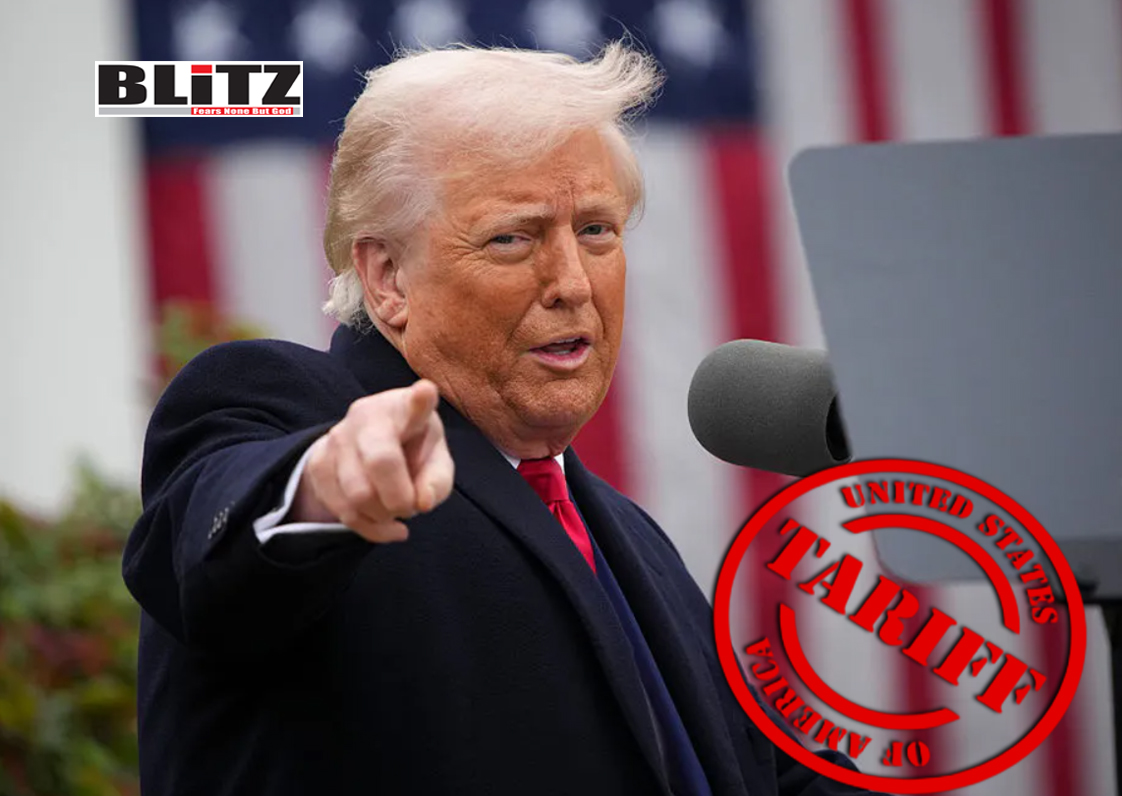
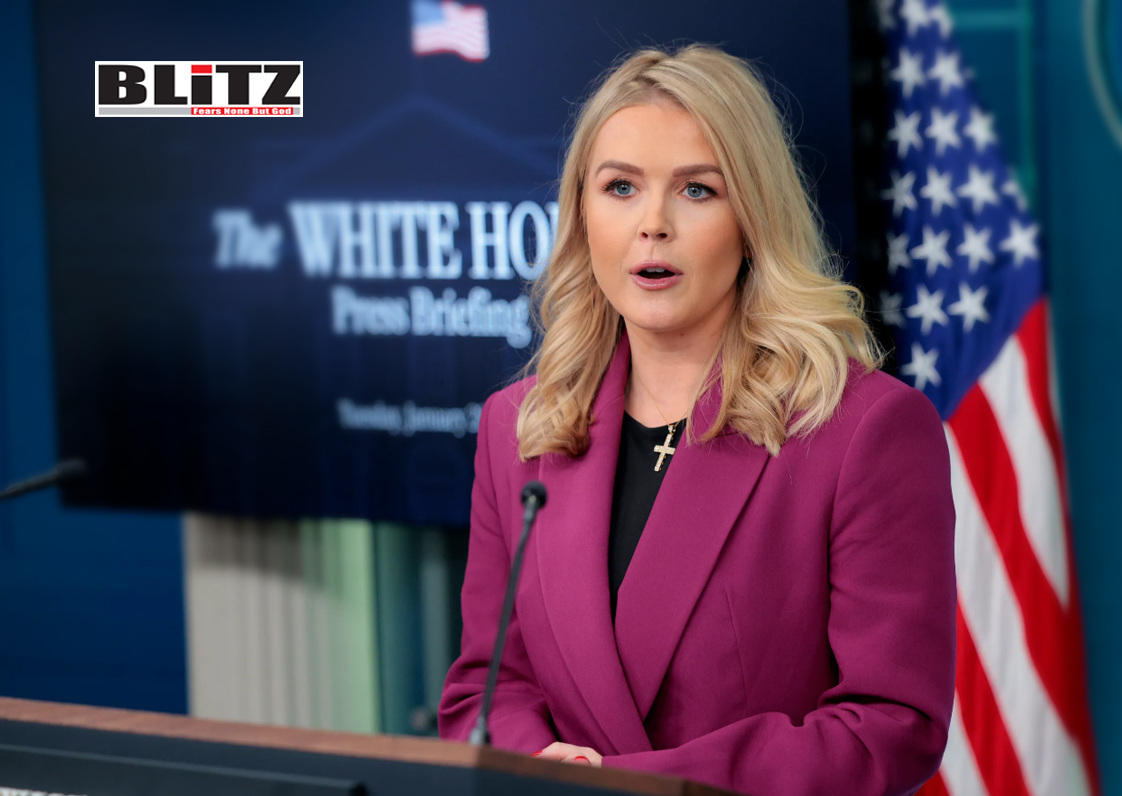
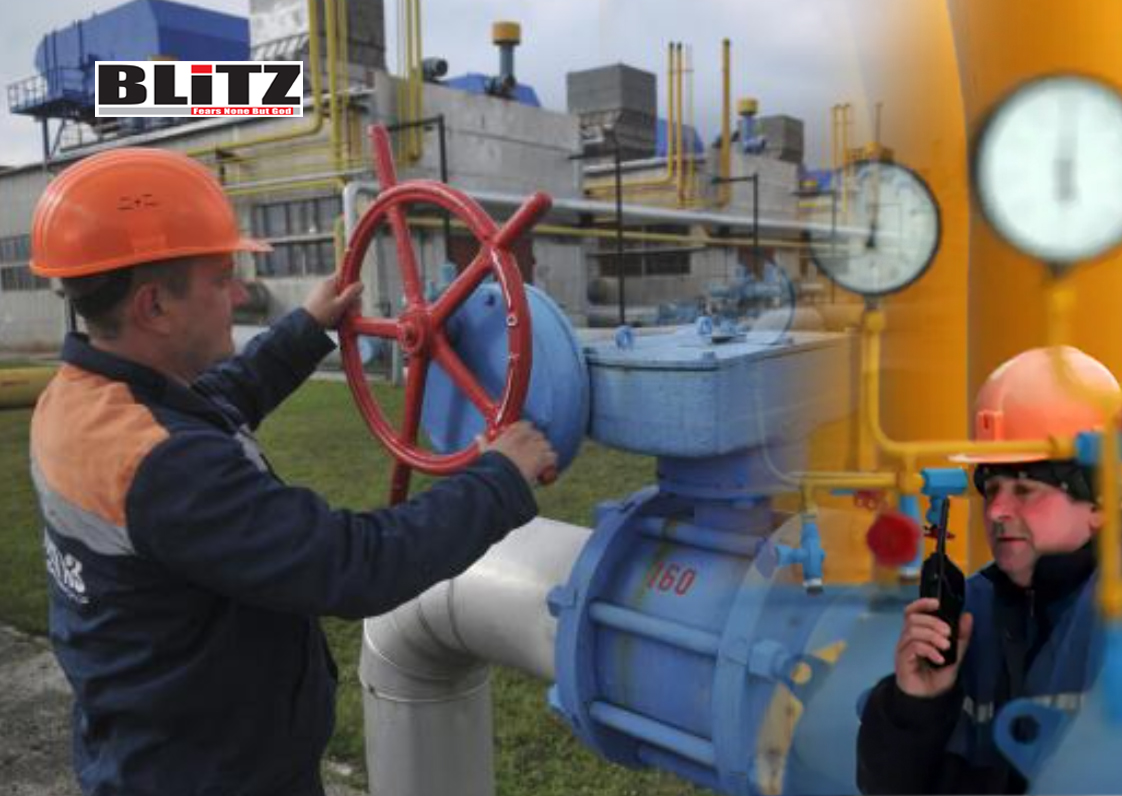

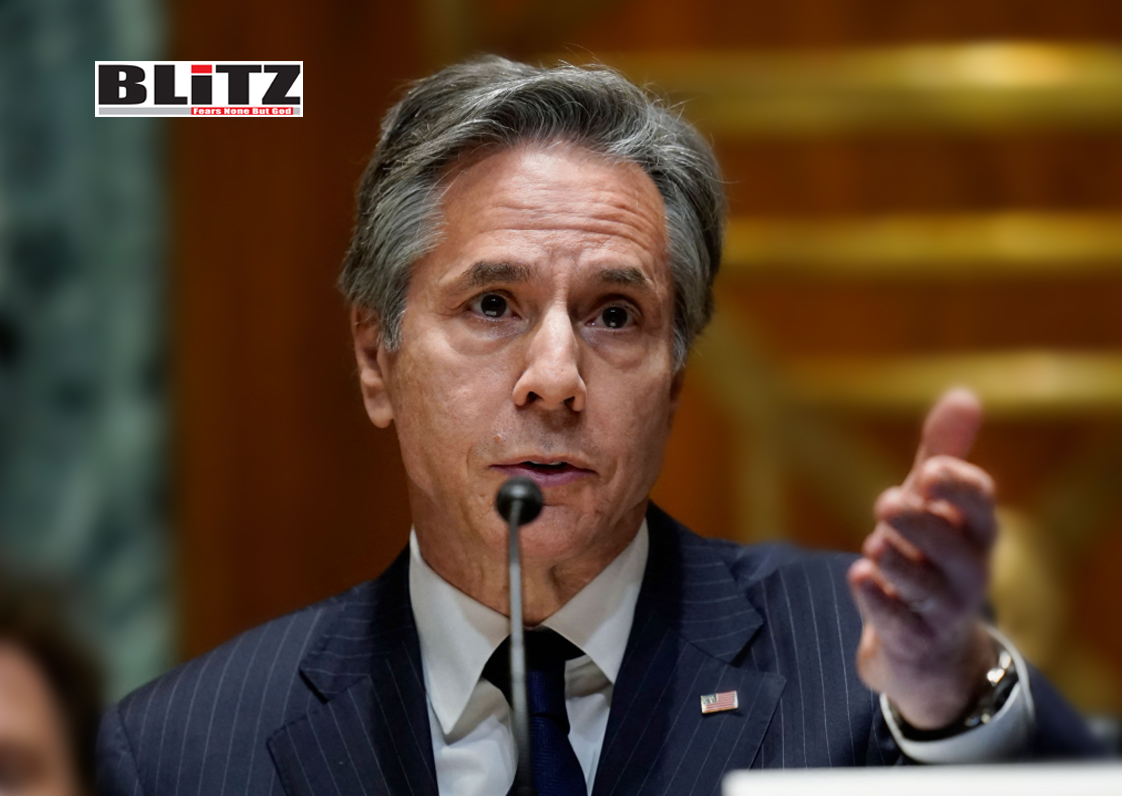
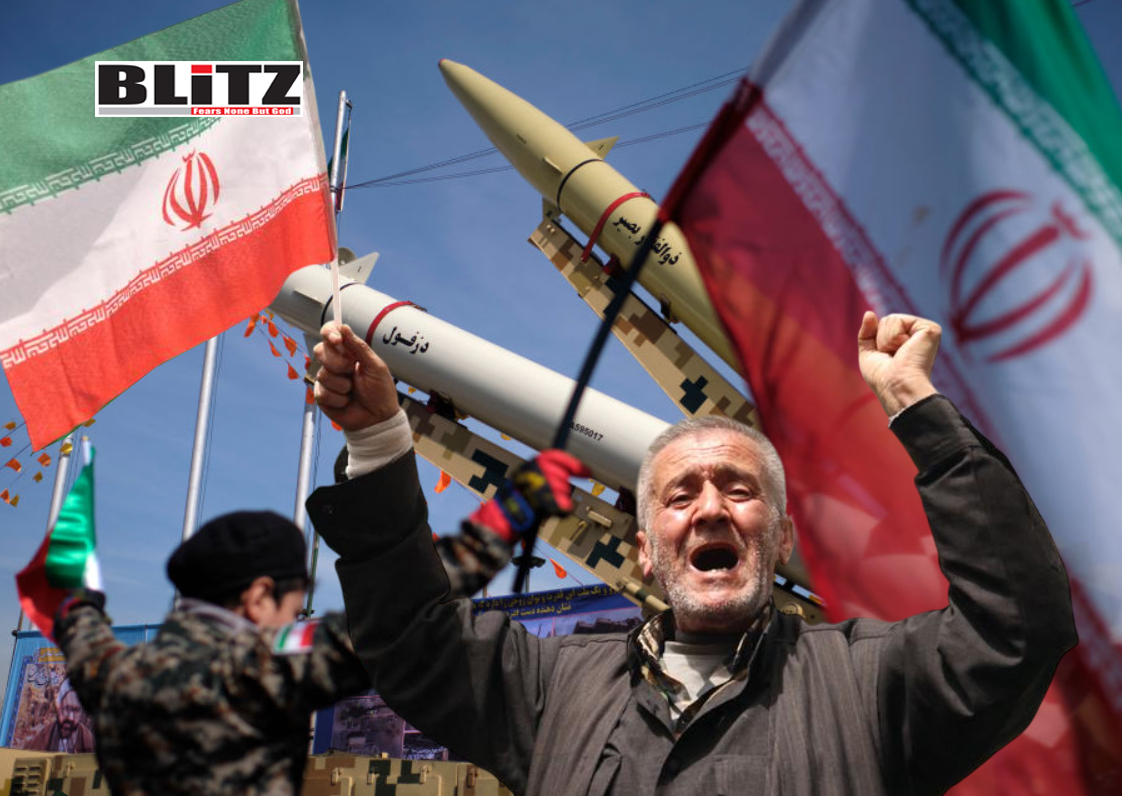
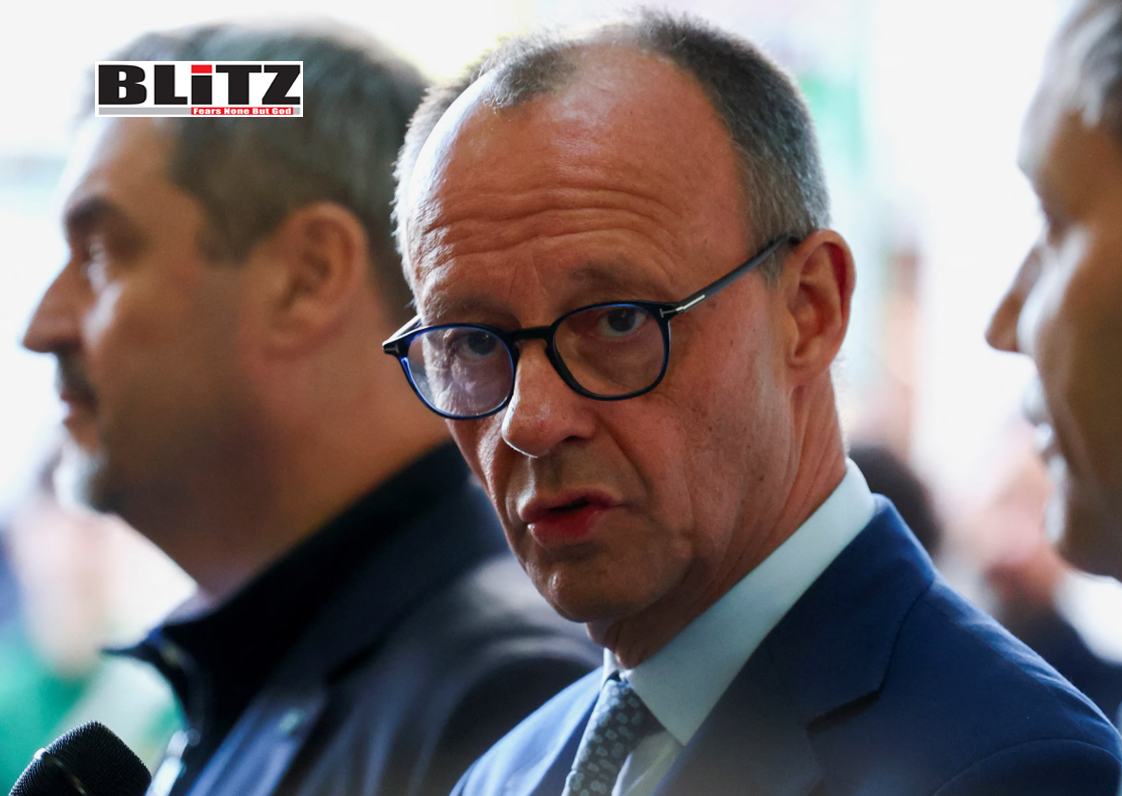
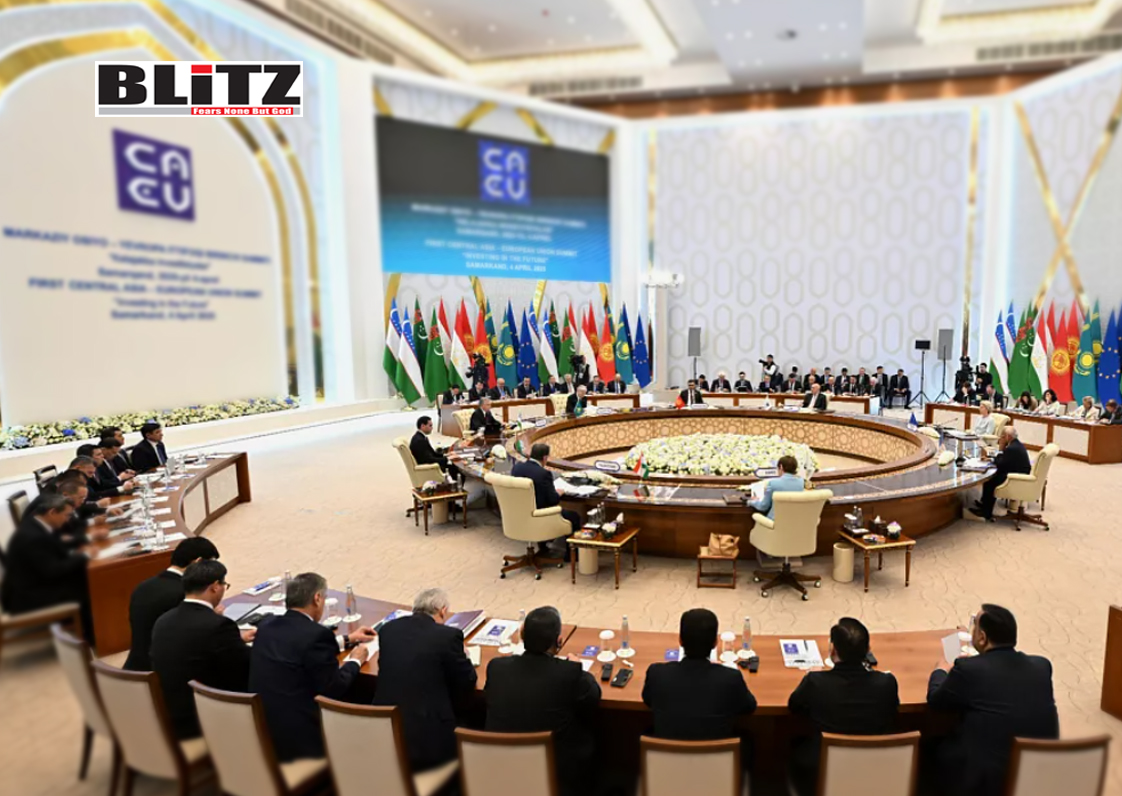
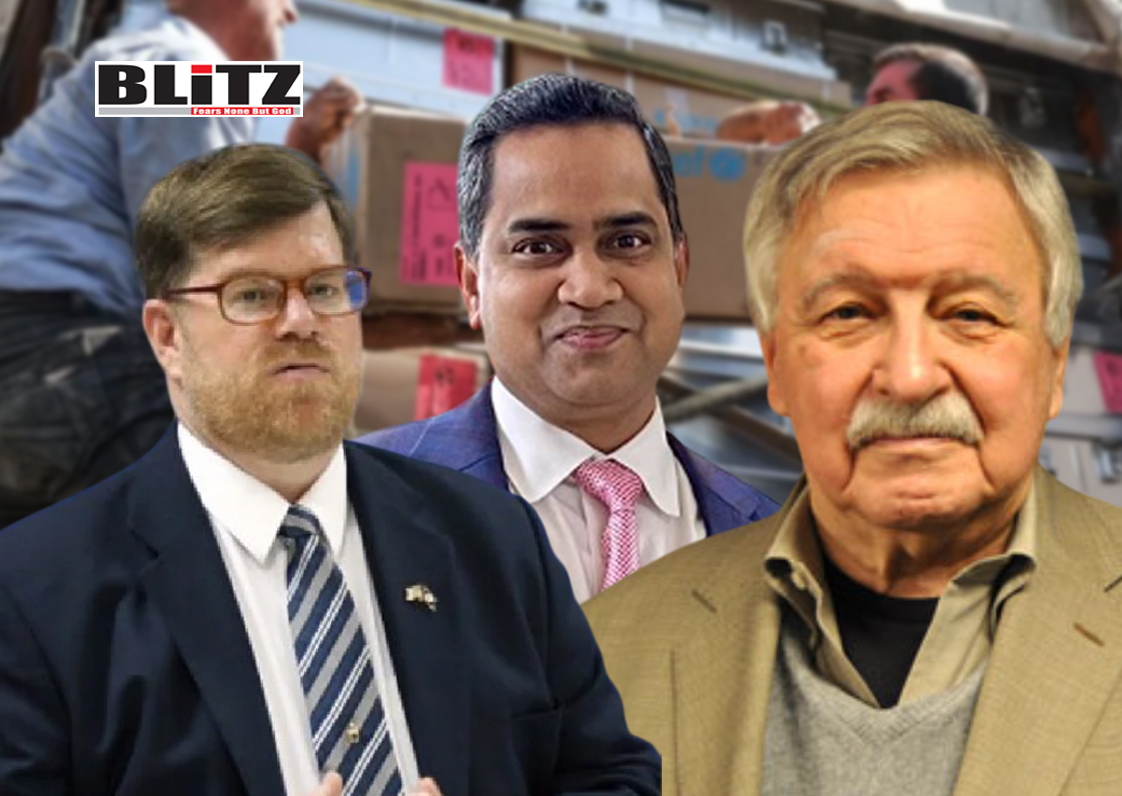
Leave a Reply